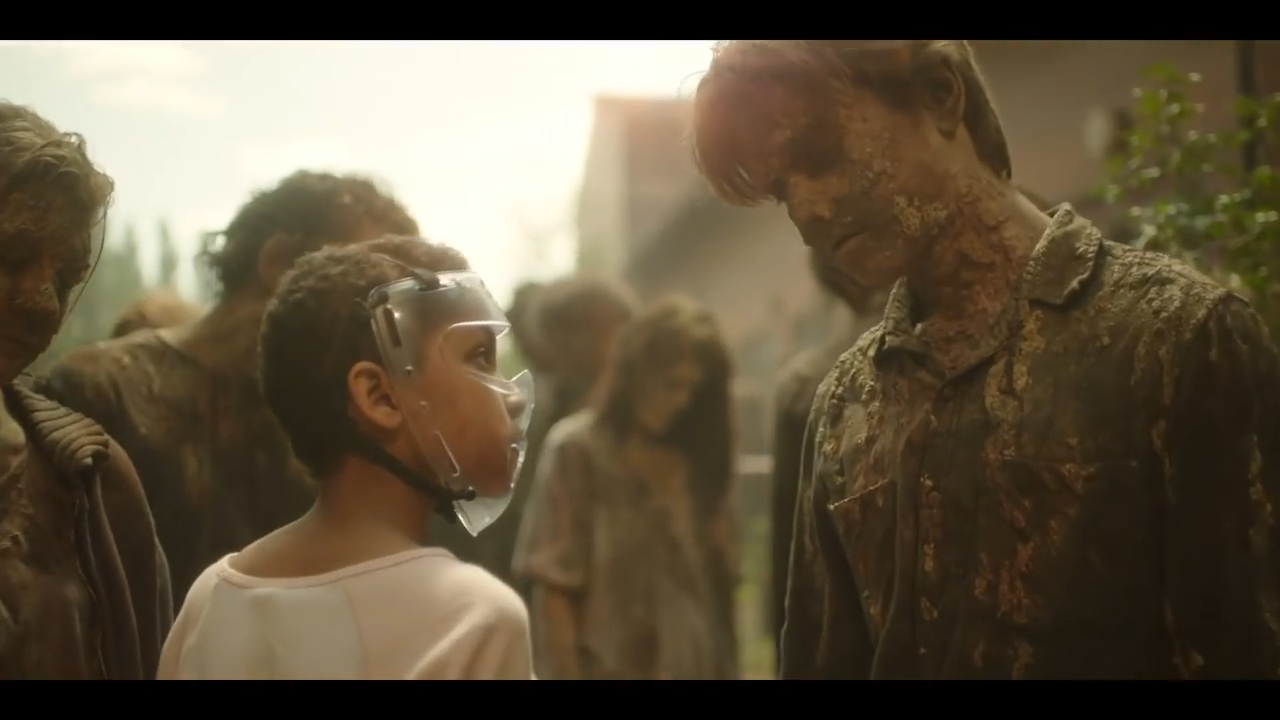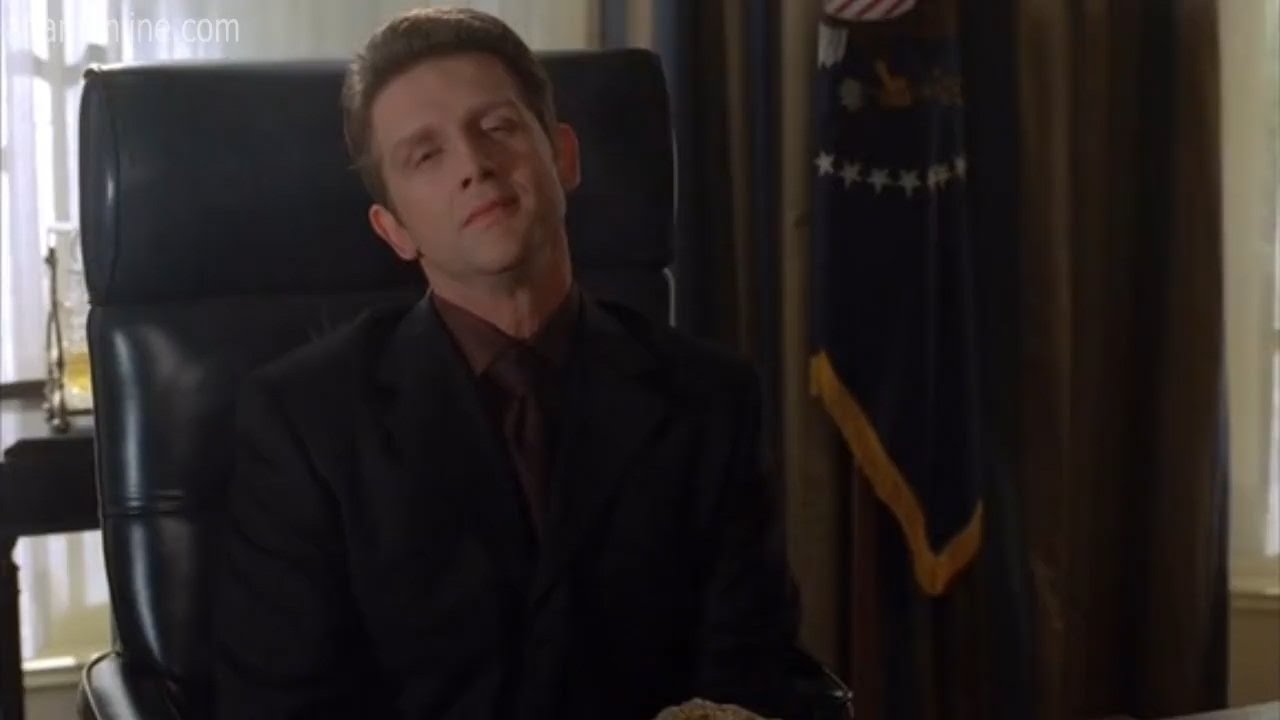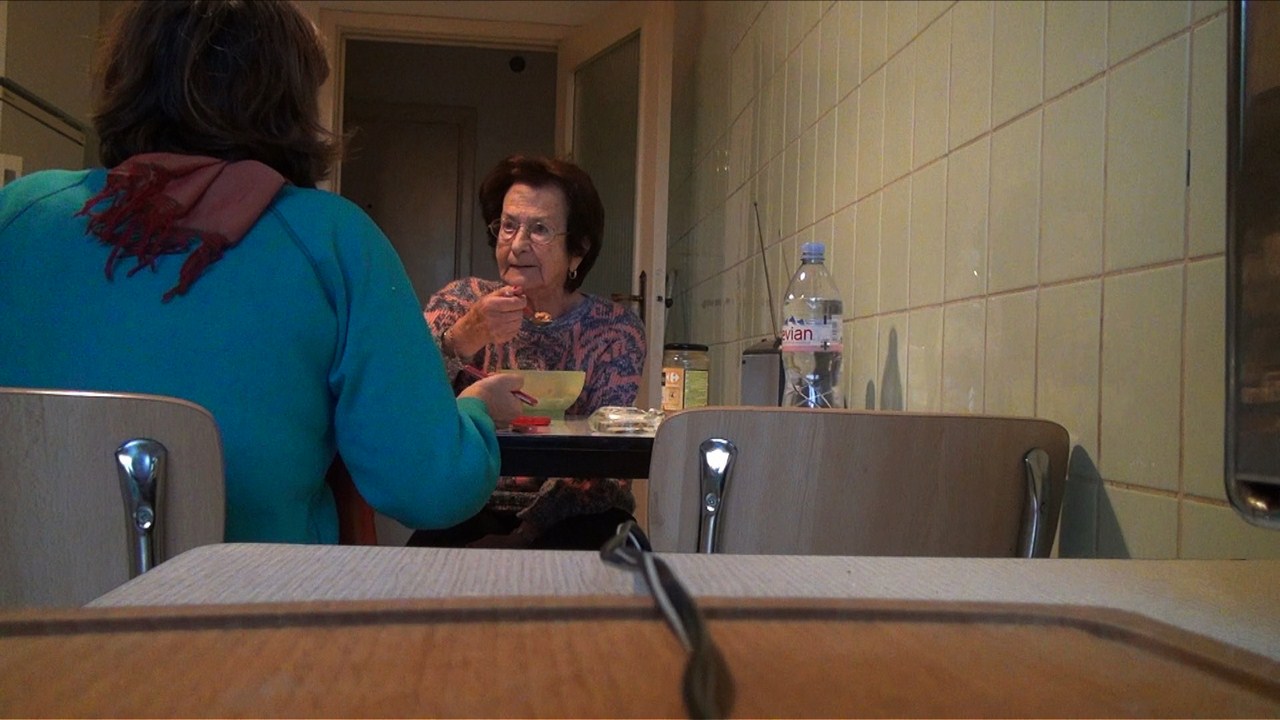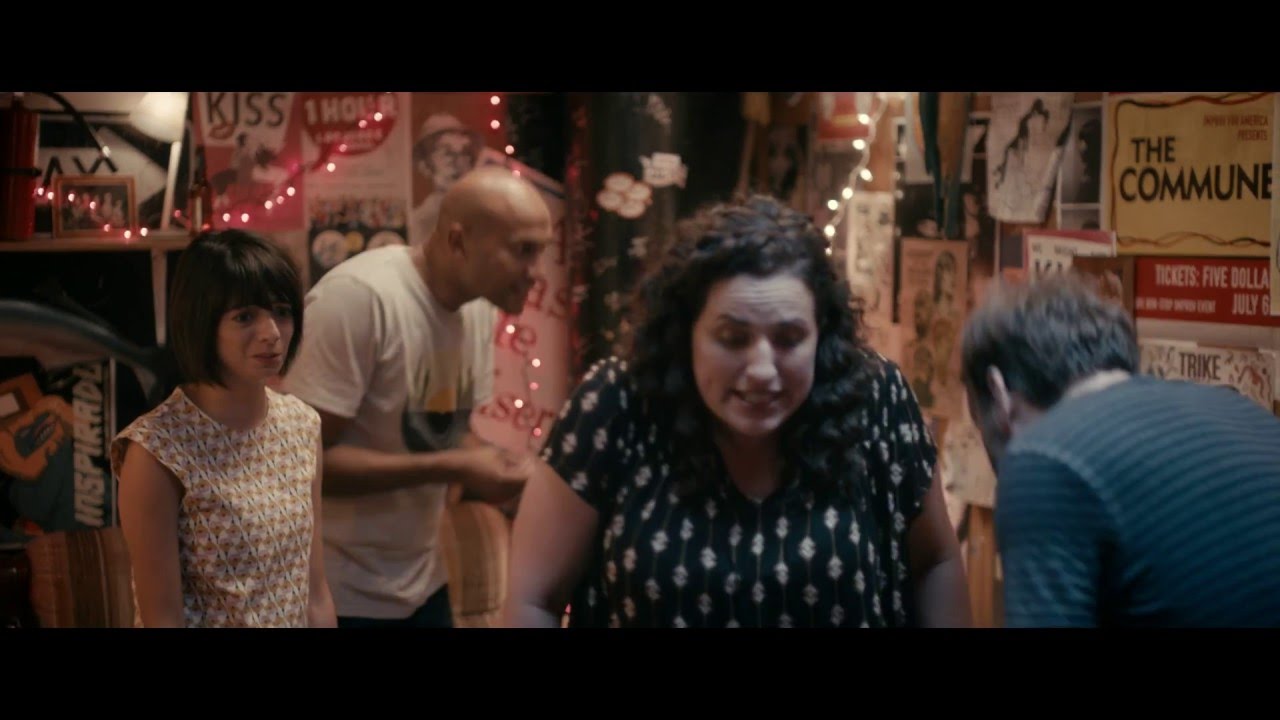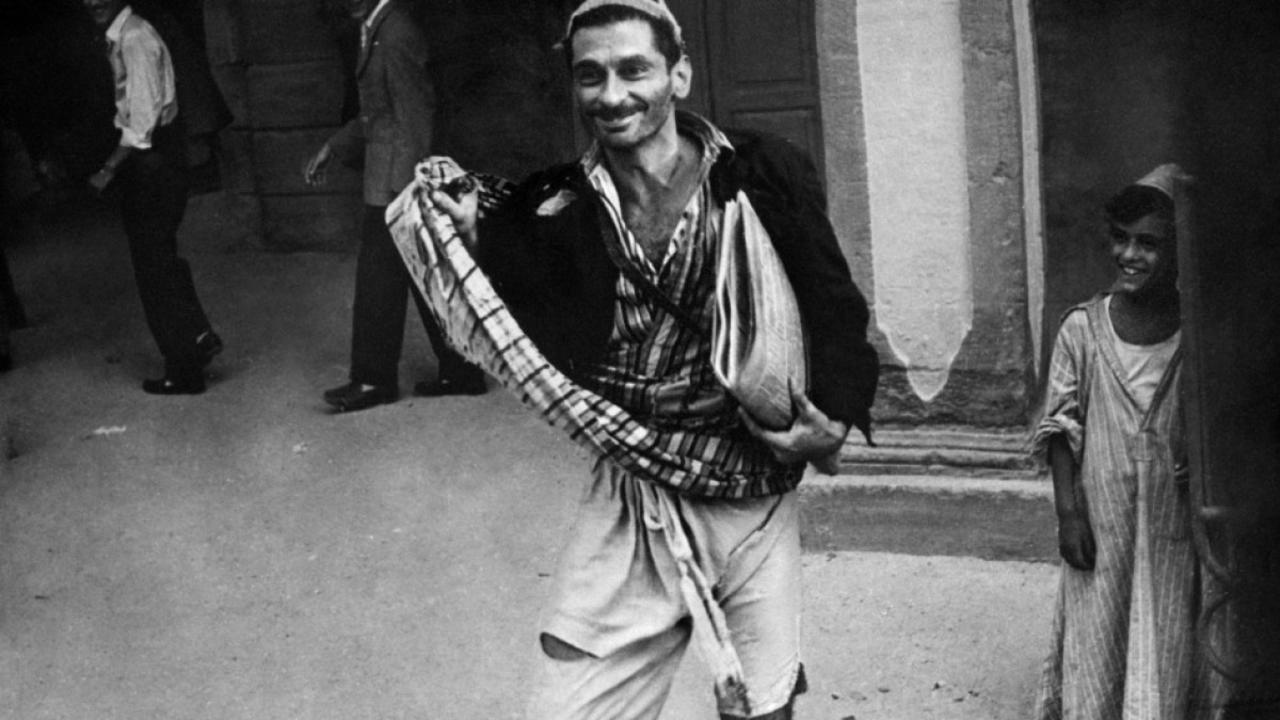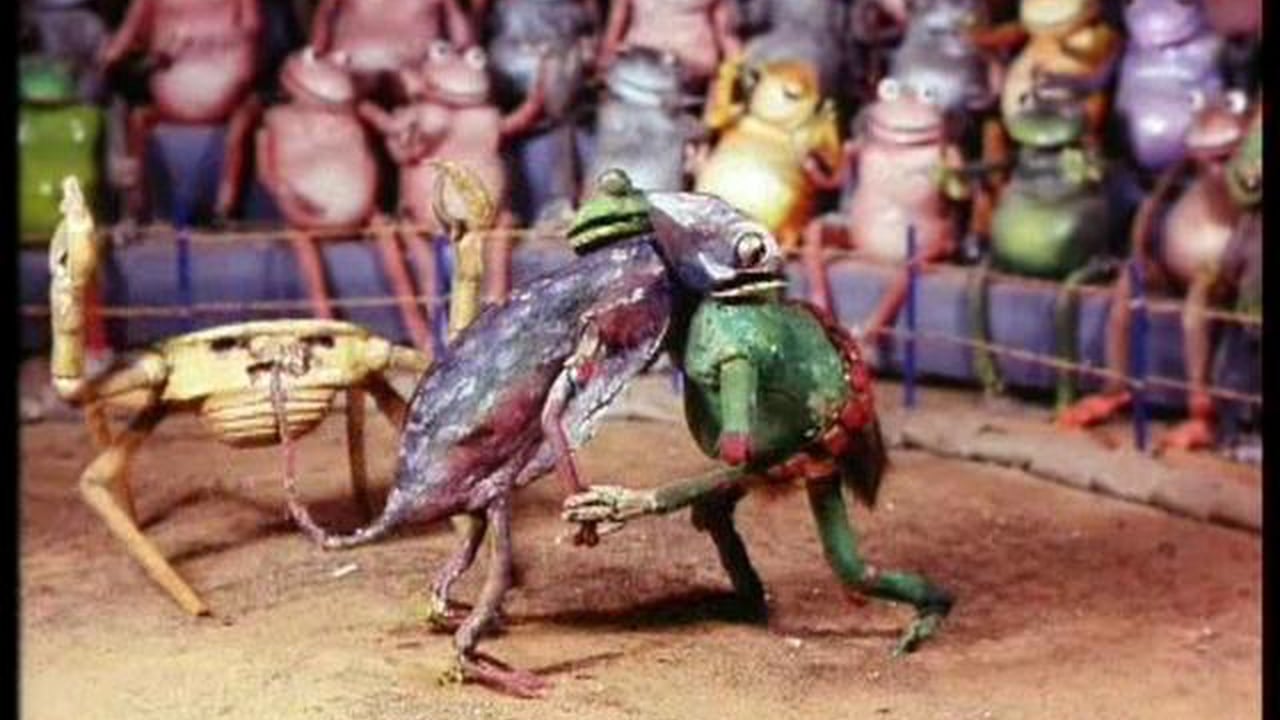David Fincher is a director I know I am supposed to admire — his fans will be happy to make this crystal clear for you, if you have anything approaching a misgiving — but whose films frequently leave me cold. Zodiac is the exception that proves the rule.
rick
Released just over five years ago, to decidedly mixed reviews, Ben Wheatley’s inscrutable Kill List now plays like a disjointed summary of our times.
Wheatley‘s more recent J.G. Ballard adaptation High-Rise might seem the more of-the-moment production, with its Cronenbergian fixations and bonkers class-consciousness.
Poised somewhere between the fast-zombie viscera of 28 Days Later and the existential unease of Ex Machina, with a dose of Cronenbergian sympathy for the virus thrown in for good measure, The Girl With All The Gifts is micro-targeted to a very particular horror fanbase.
It’s exceedingly easy to dismiss evangelical cinema as an amateurish, maudlin, pandering, and cynical exercise in preaching to the converted. This is at least in part because it’s generally been the case. But the field isn’t completely identical, even if it might look so from the outside: the Left Behind franchise in and of itself demonstrates that there are a number of forms these appeals can take.
The entire filmography of Chantal Akerman is a series of breaths, and No Home Movie is among her breathiest.
This is transparently the kind of eye-rolling claim that makes people tune out — why, after all, should anyone watch or listen to a series of breaths?
You don’t have to be a fan of improv — often referred to as “the Irritating Art”, by me — to enjoy Mike Birbiglia‘s ensemble dramedy. Don’t Think Twice is very much grounded in that world of audience prompts and miming, and very much enthralled with its performative nuances and history, but the film also tells a more basic story about belatedly growing up and growing apart.
In Casting JonBenet, we revisit a true-crime mystery that captivated the U.S. But we do so obliquely: director Kitty Green is as interested, more interested, in the stories we tell about the stories we tell than anything so mundane as solving a case.
As Qinawi — our despondent, hobbling, would-be protagonist in Cairo Station — retreats to his shed outside the train depot to rest, he shifts the pants hanging from a ramshackle clothesline to block the midday sun from his eyes. It’s the kind of Neorealist detail that the great Egyptian director Youssef Chahine excels at here, in this, his arguable masterpiece.
Streaming Selections: Kokoa, by Moustapha Alassane, the first African director to make an animated film
In the hilarious 2001 stop-motion film Kokoa, we witness a series of wrestling matches featuring, in turn, a toad, a chameleon, a bird, and an iguana — with a crab referee and emceed by a Howard Cosell-like reptile.
Do I even need to go on about why you should watch Kokoa?
It’s a sad, cynical day in these United States. With elected officials seemingly hell-bent on depriving people of health care for the worst reasons they can muster, things seem a bit gloomy.
Of course, there is an occasional, fitful awareness that this monstrosity of a bill, which no one voting on has read, can’t make into law in its current form, and that we’re still engaged in the shadow theater of masturbatory spectacle.

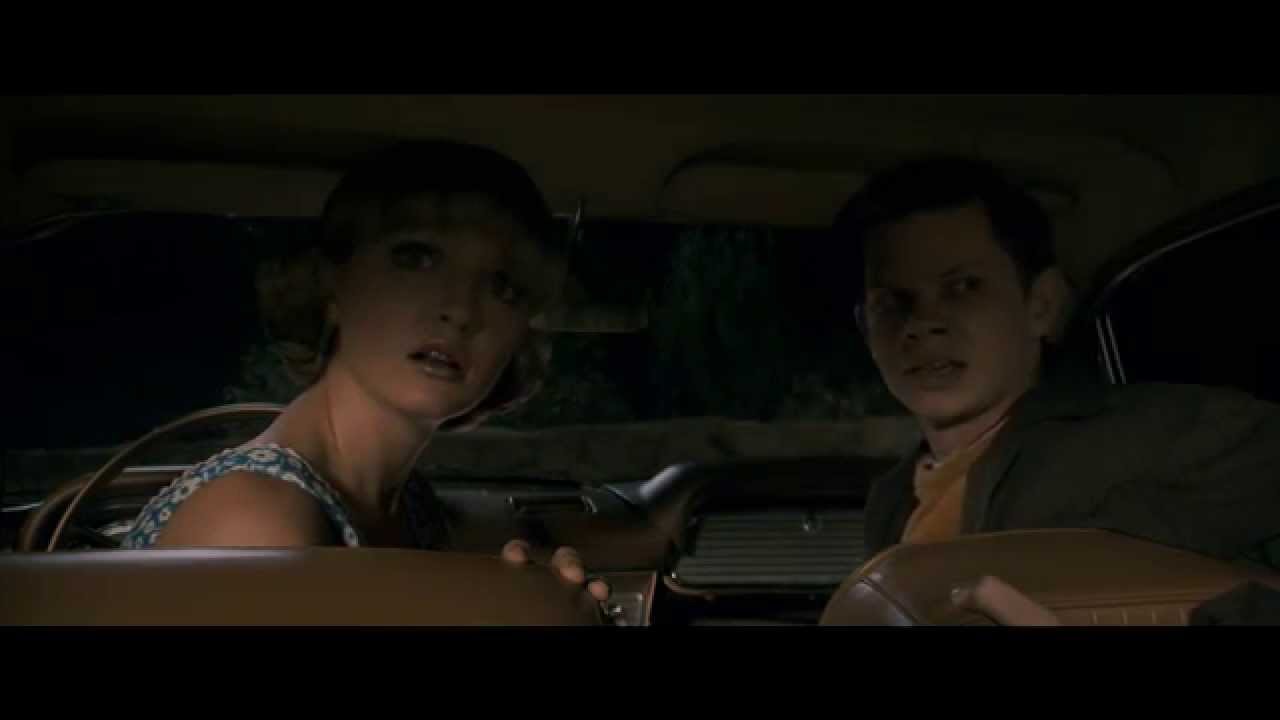
![The social-realist noir horror [insert adjective here] freakout of Kill List](https://ludditerobot.com/wp-content/uploads/2017/05/kill-list-1280.jpg)
